This is the second installment of a four-part series this week at KCChiefs.com chronicling the career of Will Shields, who is a finalist for the 2015 Pro Football Hall of Fame class.
The class will be announced at the "NFL Honors" ceremony, which will air Saturday, January 31 at 8 p.m. CST on NBC.
*
*
In the 1987 Oklahoma high school football 5A state championship game, Lawton High School, led by Will Shields and company, faced Edmond, a team that had only given up 13 points in its first three playoff games combined.
In fact, Edmond had outscored opponents 73-13 in those games.
But Lawton, led by Shields and a couple of other future NFL players, had no problem taking care of Edmond, winning the championship game in convincing fashion by a score of 28-0.
"We had a great running back in Dewell Brewer," Shields recalled. "He was touted as the number two back in the nation. [We] had a linebacker that was fast as all get out. James Trapp, he ended up going to play for Baltimore. Dewell played for Seattle for a while."
Shields, a junior that year, was looking towards his future in football despite the feeling of being overshadowed by his teammates.
"I was sort of the background guy, the big kid that really people couldn't feel where we were going to go," Shields said. "I ended up getting recruited by OSU, OU, Nebraska, Tulsa and Arkansas."
Arkansas, who was then coached by the defensive-minded Ken Hatfield, had gone 38-11 between 1985-88. Upon Shields' arrival, Hatfield wanted him to play on the defensive side of the ball.

"They wanted me to be a defensive lineman," Shields recalled. "So I would have been a D-end or a D-tackle. The other schools, they all wanted me to be an offensive lineman, so I sort of geared towards the offensive side since that's where I'd spent most of my time."
Shields' decision ultimately settled on Nebraska because of a camp he had been to that summer.
"We went to this camp at Nebraska and we were learning their offense," Shields recalled. "At that point, we were trying to get a gauge of how good we were.
"After that camp, they offered five of us scholarships on the spot, so we knew we had something special and unique."
But even at a young age, Shields' decision wasn't simply due to the awe of playing for Tom Osborne, the legendary head coach in Lincoln.
"The academic pieces really geared me more toward Nebraska than anywhere else," Shields said. "They were light years ahead, they already had the study tables, computers and everything else.
"All the other places I go, it was like, 'So, do you have computers here?' [and the answers were] 'Not yet, we have them, but they're not organized.'"
For a lot of young kids, especially top recruits, the academic side of making a college decision can be seen as an afterthought, but it was important to Shields.
Because of that camp he attended in high school, Shields had learned much of the Nebraska offense and spent his time making sure he had it down before he left for Lincoln.
"We're sitting in meetings," Shields explained. "Some of the other freshmen are trying to figure out calls and of course, I had the offense already, so I'm making calls and everything else.
Photos from OL Will Shields' career with the Kansas City Chiefs
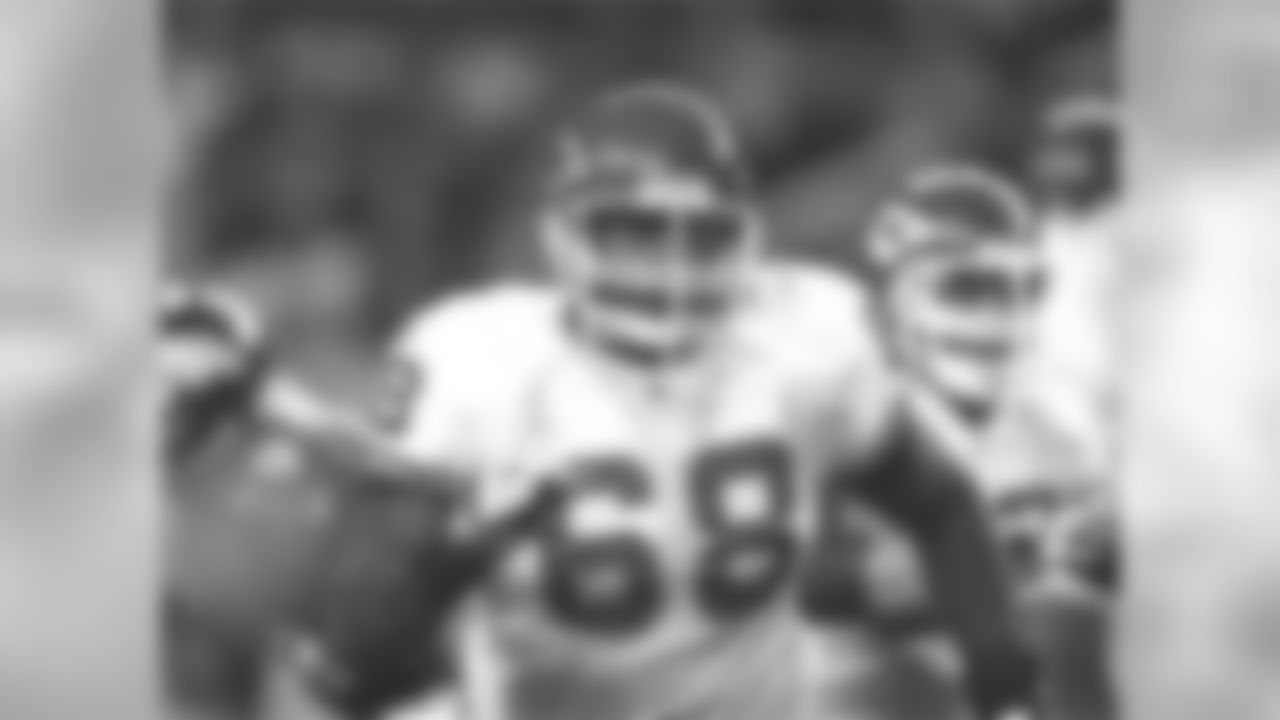





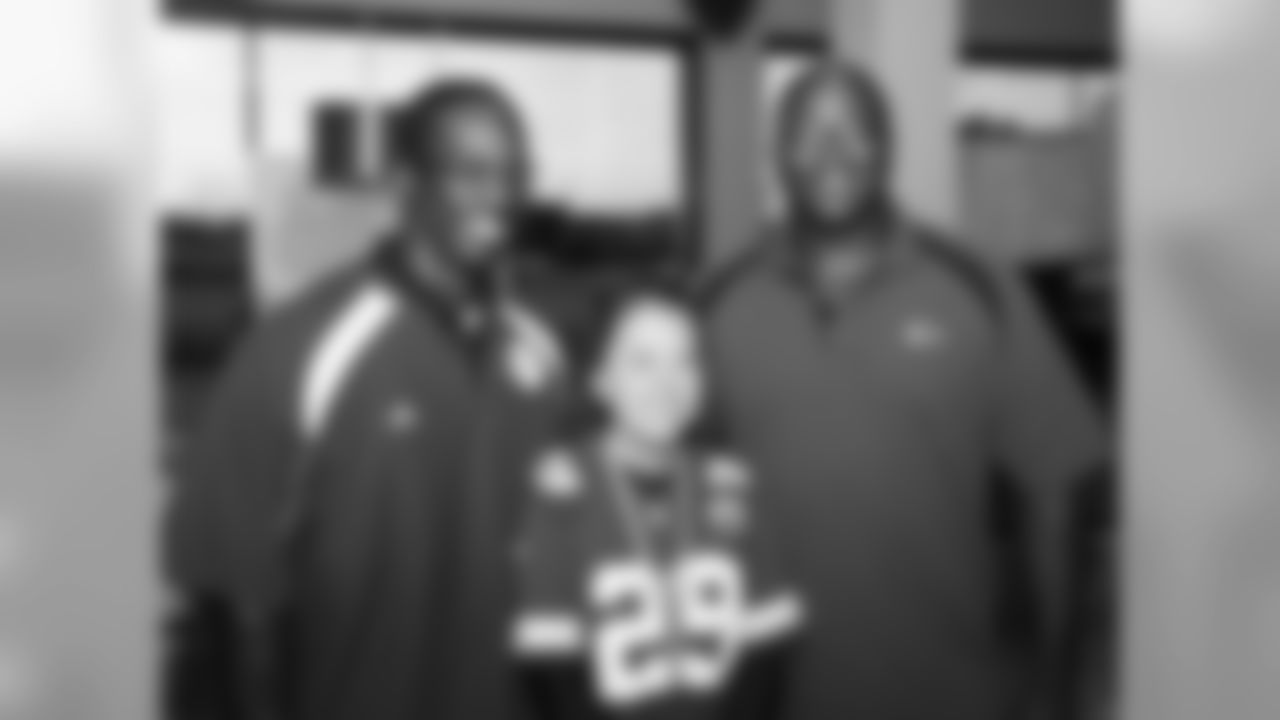
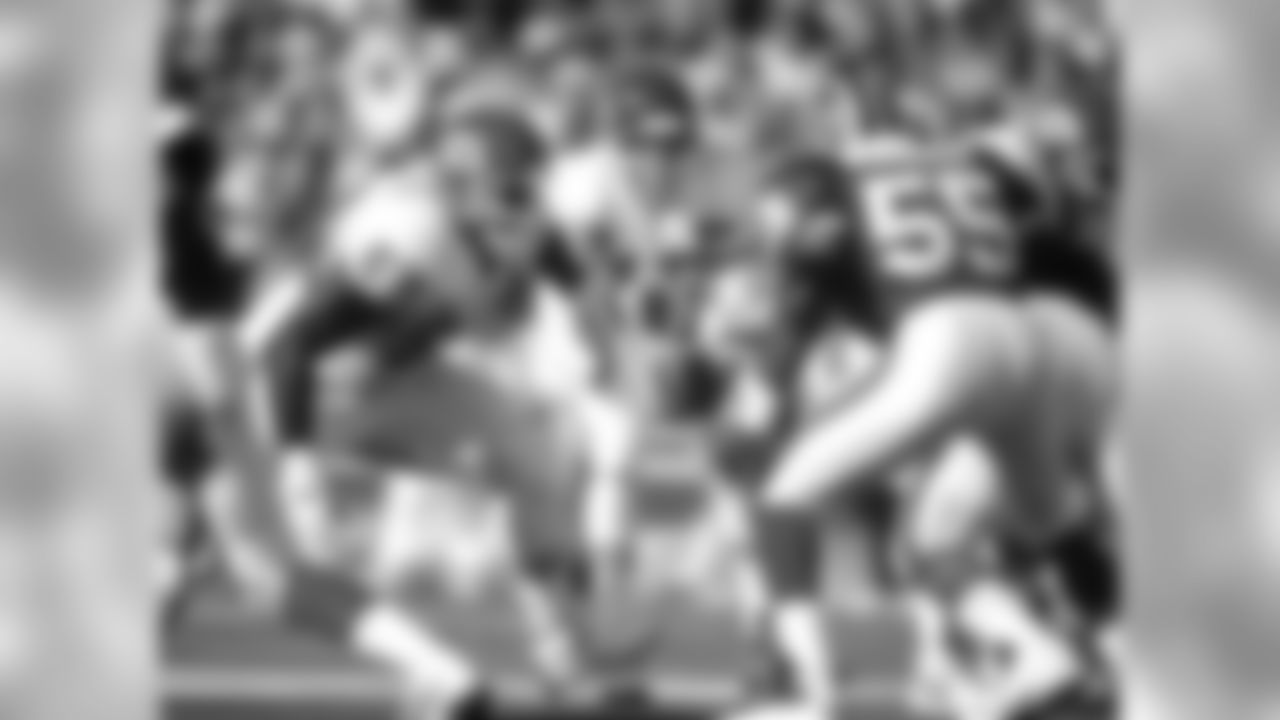
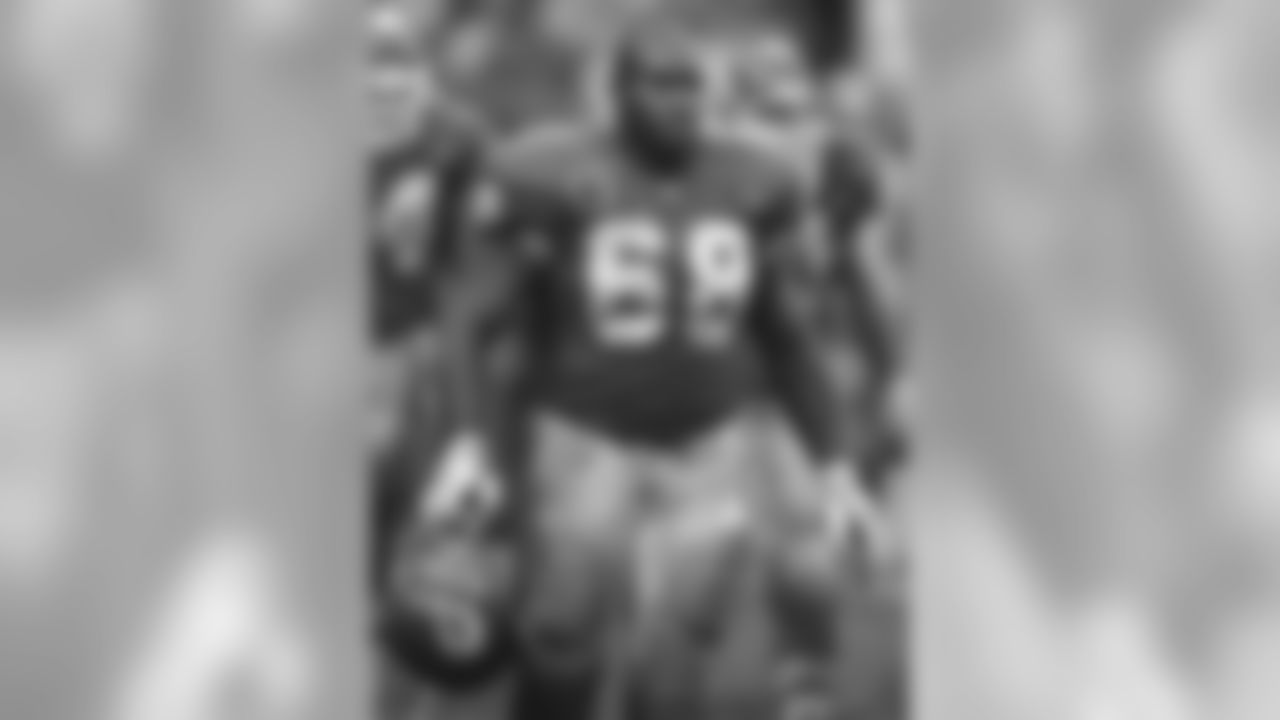


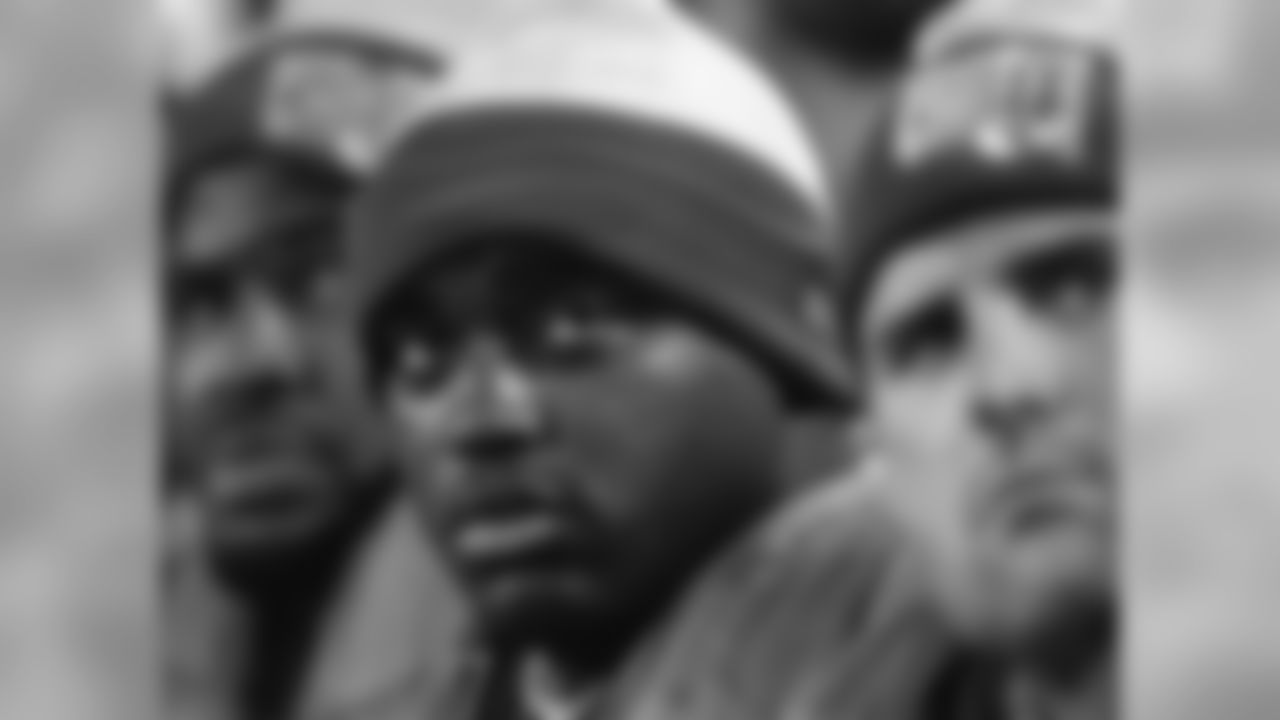
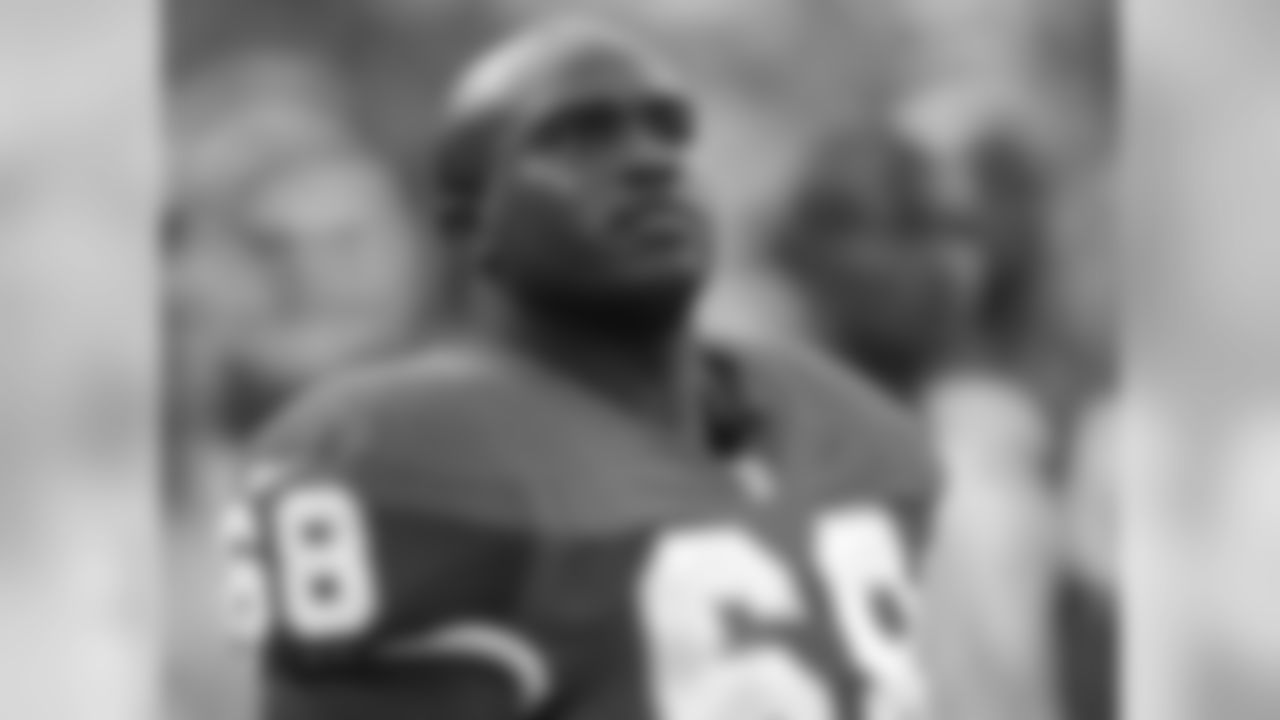

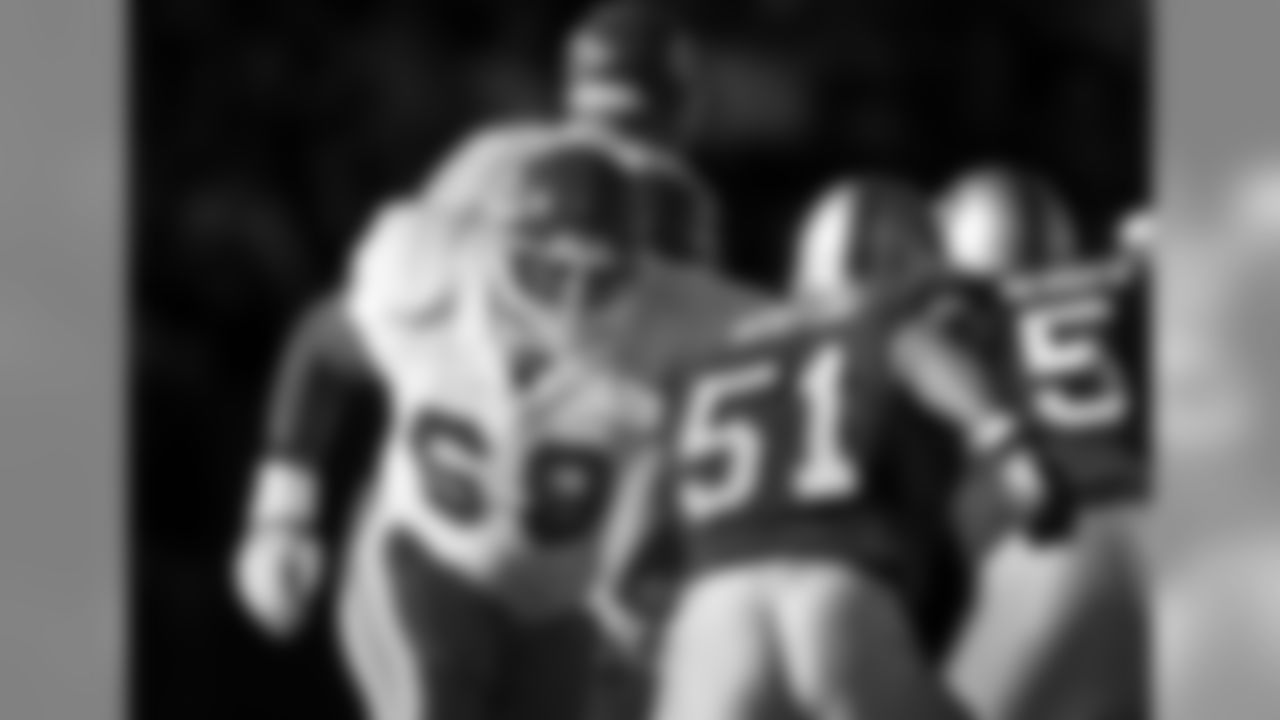
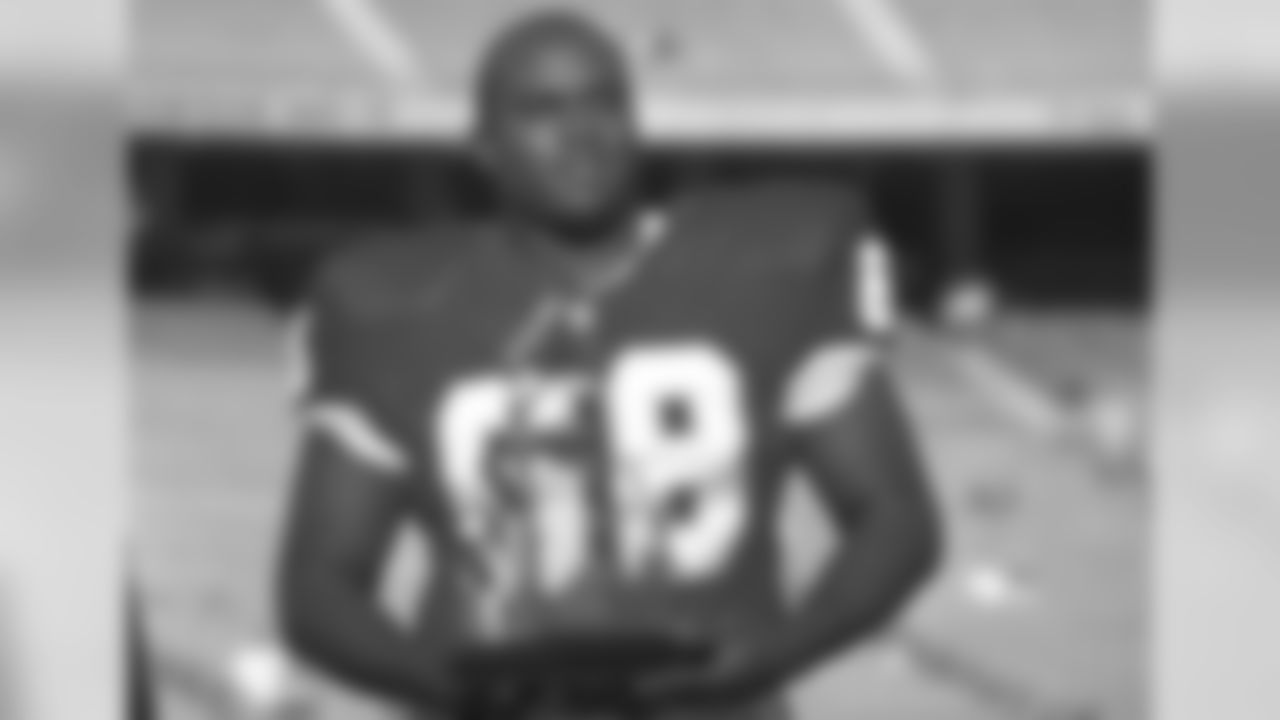
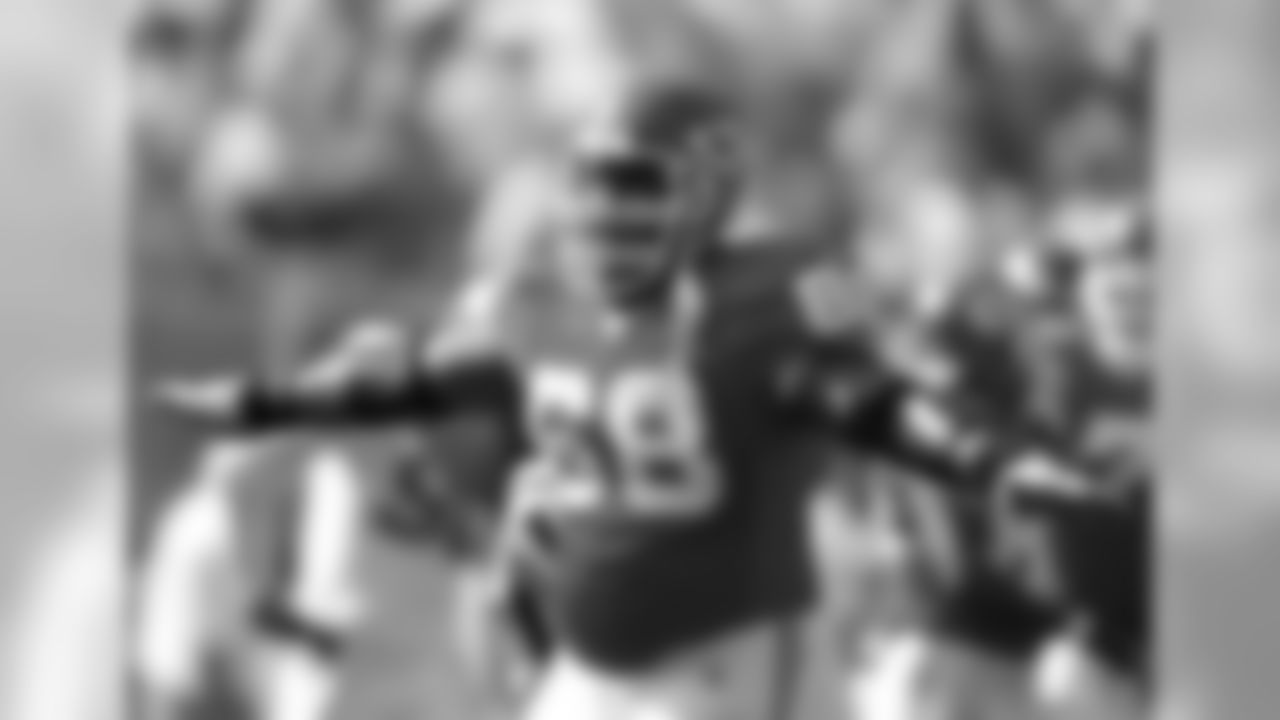


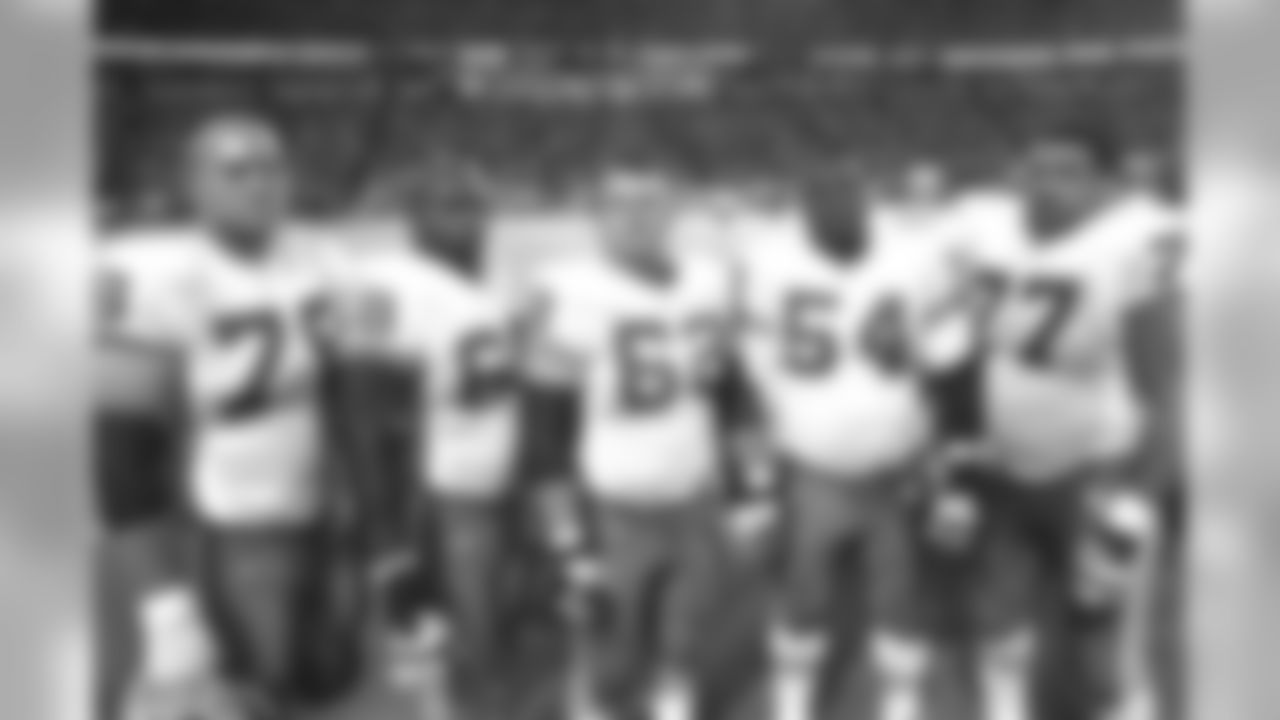
"So, I got to play my freshman year."
Always looking forward, Shields knew that playing as a freshman would expedite the time in which he had to earn his college degree.
"They told me I wasn't going to red-shirt, so I basically had to make a plan right there to graduate in four years," Shields said. "If an opportunity came to get to the next level, I wanted to have my degree done, so I don't have something looming over my head.
"We ended up putting that plan together for a four-year education for me to get in and get out."
Ultimately, Shields helped the Huskers win national rushing titles in three of his four seasons at Nebraska (1989, 1991 and 1992). He won the 1992 Outland Trophy, which is given to the best interior offensive lineman in the country.
He was also named an Academic All-American at Nebraska, but that was the beginning for Shields in showing people that there was much more to him than just being a football player.













